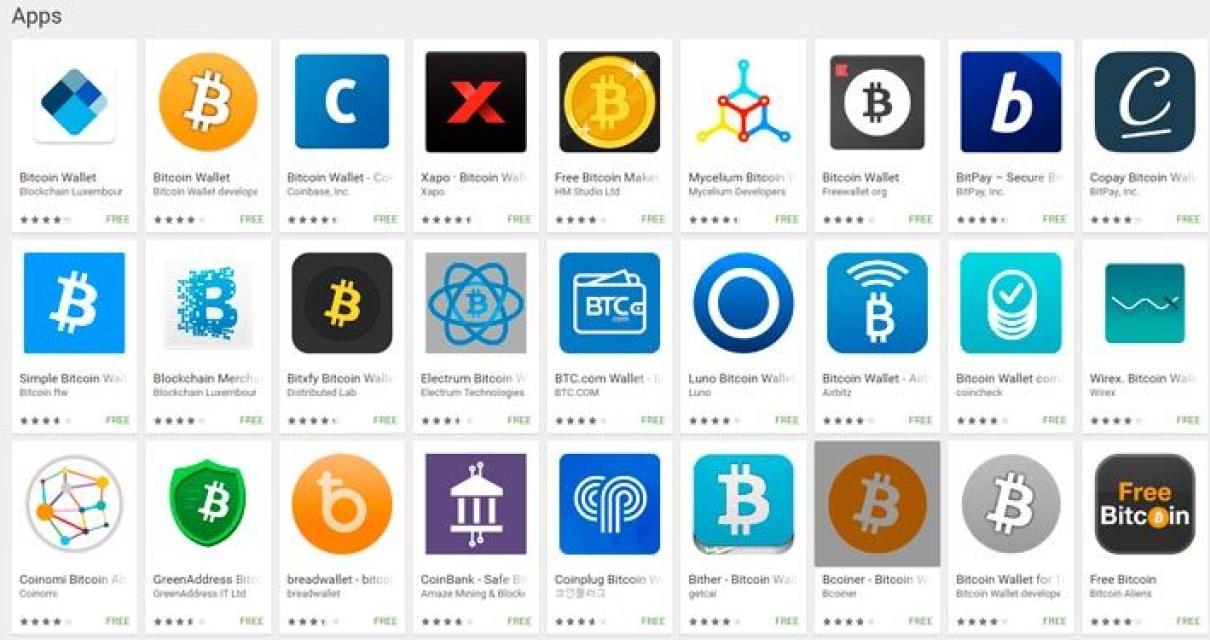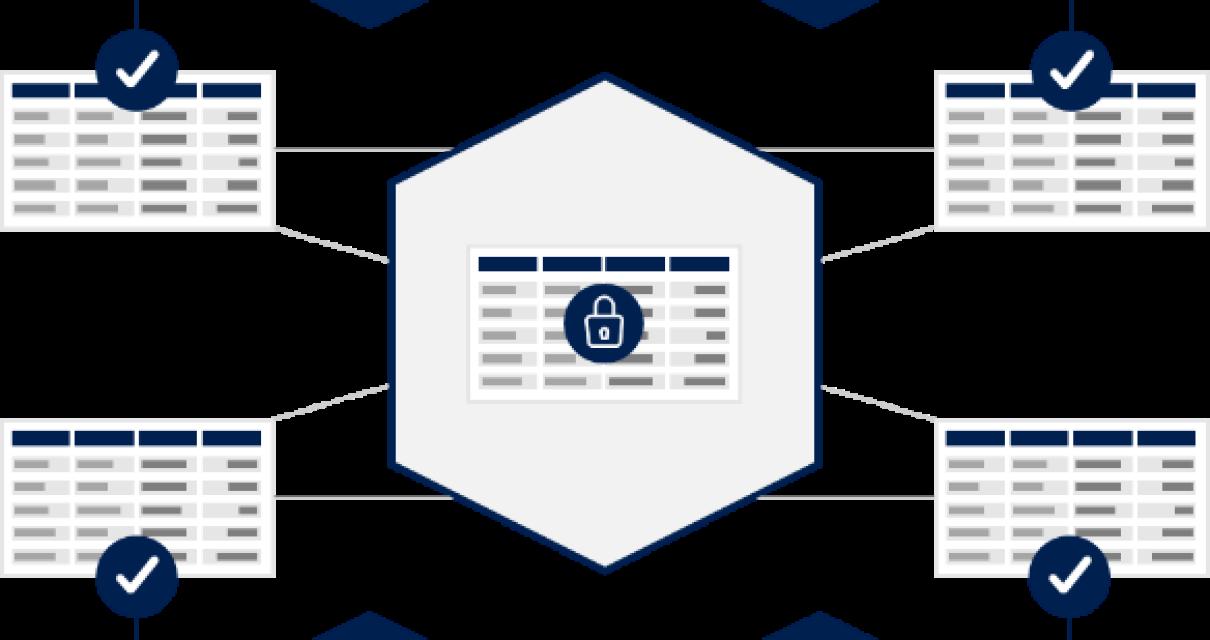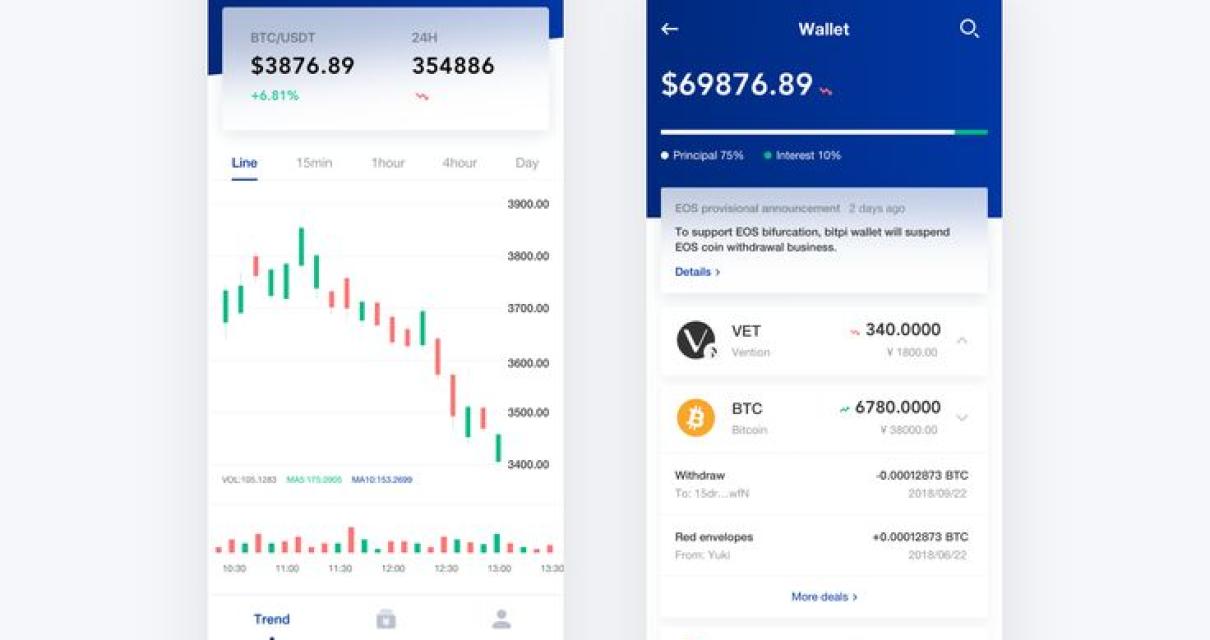what is a blockchain app
A blockchain app is a program or application that runs on top of the blockchain technology. It is a type of decentralized application, which means it runs on a peer-to-peer network and does not require a central authority to operate.
Bitcoin, Ethereum, and other cryptocurrencies are all examples of blockchain apps. They enable users to conduct transactions and exchange goods and services without involving middlemen.
Because blockchain apps are decentralized, they are immune to cyberattacks. In addition, they are tamper-resistant, meaning they cannot be altered or deleted without detection.
Finally, blockchain apps are secure because they use cryptography to protect user data. This technology makes it difficult for anyone else to access or tamper with the data.
Introduction to Blockchain Apps
Blockchain technology has been around since 2009, but it has only recently been adopted as a viable way to store and process transactions. Blockchain is a distributed ledger that can be used to track the ownership of digital assets. Transactions are verified by network nodes and recorded in a chronological order. Bitcoin and other cryptocurrencies are based on blockchain technology.
There are a number of applications for blockchain technology. One application is the tracking of goods during shipment. Another application is the tracking of digital assets, such as currencies or property. A third application is the tracking of medical records.
In order to use blockchain technology, you will need a blockchain app. A blockchain app is a software application that allows you to interact with the blockchain network. A blockchain app allows you to perform transactions, store data, and access the blockchain network.
There are a number of blockchain app providers. One example is BlockCypher. BlockCypher provides a blockchain app that allows you to manage your transactions, store data, and access the blockchain network. BlockCypher also provides a blockchain developer platform that allows you to create your own blockchain apps.
How do Blockchain Apps Work?
A blockchain app is a type of software that uses the blockchain technology. The blockchain is a public ledger of all cryptocurrency transactions. It allows users to track the movement of digital assets and makes it difficult for anyone to tamper with the data.
A blockchain app uses the blockchain technology to manage and store user data. The app creates a unique code for each user, which is linked to their account. This code is used to identify the user and their transactions.
The app then uses this information to create a virtual “block” on the blockchain. This block contains information about the user’s account, including their balance and transaction history.
The app also uses this information to create a “smart contract”. A smart contract is a set of rules that are used to govern a transaction. It is stored on the blockchain and is automatically enforced by the network.
A blockchain app can be used to store any type of user data. This includes financial data, medical records, and personal information.
Blockchain apps are still in development, and there are few available to consumers. However, they are expected to become more popular in the near future.

What are the Benefits of Blockchain Apps?
Some of the benefits of blockchain apps include:
1) They are secure: Blockchain apps are secure because they use cryptography to protect data.
2) They are transparent: Blockchain apps are transparent because they use a distributed ledger to record transactions and make them publicly available. This makes it easy to see who owns what and eliminates the need for trusted third parties.
3) They are immune to fraud: Blockchain apps are immune to fraud because they use encryption to protect data and because the transactions are recorded on a public ledger.
4) They are scalable: Blockchain apps are scalable because they use a distributed ledger to record transactions and make them publicly available. This makes it easy to scale up or down as needed.
5) They are reliable: Blockchain apps are reliable because they use cryptography to protect data and because the transactions are recorded on a public ledger.
What are the Use Cases for Blockchain Apps?
There are many potential use cases for blockchain technology, but some of the most common include financial services, supply chain management, and healthcare.

How to Develop a Blockchain App
1. In order to develop a blockchain app, you first need to create a blockchain account. There are a number of different platforms available, such as Ethereum and Bitcoin. Once you have an account, you can start downloading the required software.
2. Once you have the software downloaded, you will need to create a new blockchain project. This will allow you to create a unique blockchain app.
3. Once you have created your project, you will need to create a new account on the blockchain platform. This will allow you to access your project and make changes.
4. Next, you will need to create a new smart contract. This will allow you to carry out transactions on the blockchain.
5. Finally, you will need to create a new blockchain app. This will allow you to launch your project and start trading tokens.
How to launch a Blockchain App
1. First, you will need to create a blockchain app. To do this, go to www.blockchain.com and click on the “Create A New App” button.
2. On the next page, you will need to enter some basic information about your app. This includes the name of your app, its description, and the URL where it will be hosted.
3. You will also need to choose a payment method. You can choose to use either Bitcoin or Ethereum as your payment method.
4. Finally, you will need to provide some information about your team. This includes the name of your team leader, the name of your developer, and the name of your lead designer.
5. Once you have completed all of the required information, click on the “Create App” button to begin the process of creating your blockchain app.

What are the challenges of Blockchain App development?
There are a few challenges with blockchain app development. The first challenge is that blockchain technology is still relatively new and there isn’t a lot of existing infrastructure available to support app development. This means that developers will have to create their own systems and tools to support the development process.
Another challenge is that blockchain apps require a high level of security and stability. This is because blockchain technology is decentralized and relies on a network of computers to operate correctly. If the network is compromised, then the data stored on the blockchain could be accessed by malicious actors.
Finally, app developers will need to be familiar with the technology in order to develop blockchain apps. This can be a difficult task, as blockchain technology is complex and requires a level of understanding that is not common among developers.
What is the future of Blockchain Apps?
The future of Blockchain Apps is bright. Blockchain technology is growing in popularity, and there are a growing number of businesses and individuals who are exploring its potential.
There are a number of reasons why Blockchain Apps are expected to continue to thrive in the future. First, Blockchain technology is secure and transparent, making it ideal for use in a variety of industries. Second, Blockchain apps are easier to use than traditional apps, making them more attractive to consumers. And finally, Blockchain technology is scalable, meaning that it can be used to support a wide range of applications.
As the popularity of Blockchain Apps continues to grow, businesses and individuals will continue to explore their potential benefits. I believe that the future of Blockchain Apps is bright, and I look forward to seeing what new and innovative applications are created in the future.